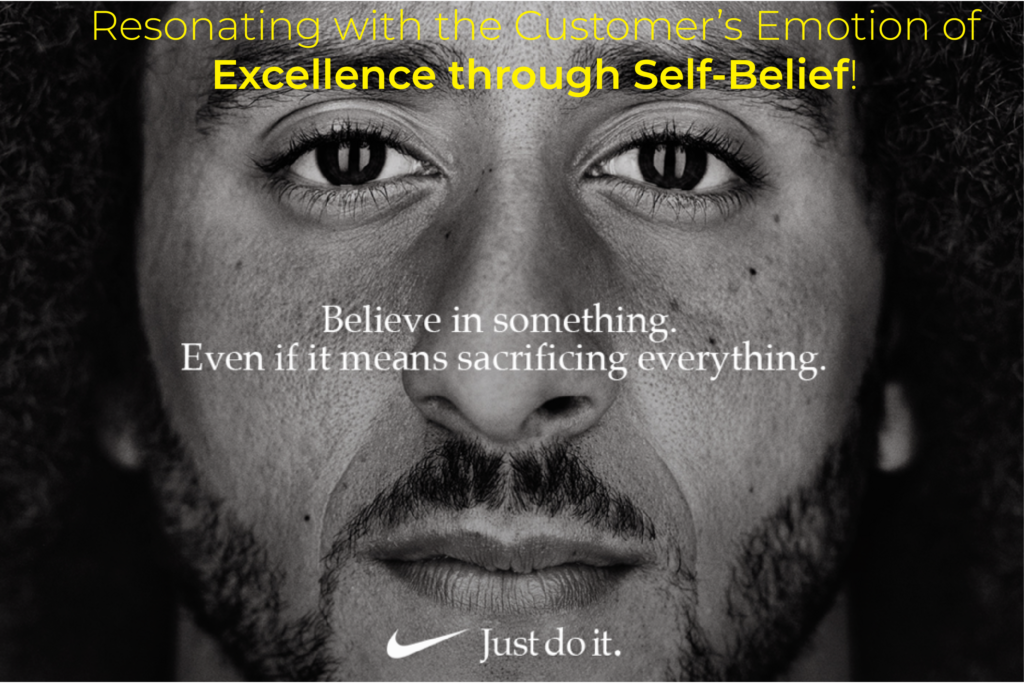Winning the Hearts: The Power of Cultural Marketing Strategy

In the ever-evolving landscape of marketing, where trends come and go, one strategy stands the test of time: cultural marketing. Far beyond traditional advertising, cultural marketing taps into the pulse of society, leveraging cultural phenomena, trends, and movements to connect with audiences on a deeper level. In this blog, we’ll explore why cultural marketing is essential in today’s landscape and how brands can compete effectively in this dynamic arena.
Understanding Cultural Marketing
At its core, cultural marketing is about more than just selling products or services; it’s about tapping into the cultural zeitgeist to create meaningful connections with consumers. Whether it’s embracing societal values, reflecting current trends, or championing social causes, cultural marketing seeks to align brands with the aspirations and identities of their target audience.
Why Cultural Marketing Matters
In today’s hyperconnected world, consumers are inundated with advertisements and promotions vying for their attention. Amidst this noise, cultural marketing stands out as a beacon of authenticity and relevance. By integrating into the cultural fabric, brands can break through the clutter and resonate with consumers on a personal and emotional level.
Competing Effectively in Cultural Marketing
To compete effectively in cultural marketing, brands must adopt a nuanced approach that goes beyond surface-level trends. Here are some strategies to consider:
- Stay Current: Keep abreast of cultural trends, movements, and conversations relevant to your target audience. Whether it’s through social media monitoring, trend analysis, or consumer research, staying current is essential to remain relevant in cultural marketing.
- Authenticity is Key: Authenticity is paramount in cultural marketing. Consumers can quickly spot inauthentic attempts to capitalise on cultural trends, leading to backlash and damage to brand reputation. Brands must align their values, messaging, and actions with the cultural context genuinely.
- Embrace Diversity and Inclusion: Cultural marketing should celebrate diversity and inclusivity. Acknowledge and reflect the diverse perspectives, identities, and experiences of your audience in your marketing efforts. By embracing diversity, brands can foster a sense of belonging and connection with consumers.
- Engage in Conversations: Cultural marketing is not a one-way street; it’s about engaging in meaningful conversations with your audience. Actively participate in cultural conversations, listen to feedback, and be responsive to the evolving needs and preferences of your audience.
- Take a Stand: In today’s socially conscious landscape, consumers expect brands to take a stand on important issues. Cultural marketing provides an opportunity for brands to align with social causes and advocate for positive change authentically.
Nike's Case Study on Cultural Marketing
Numerous brands have successfully leveraged cultural marketing to connect with consumers. For example, Nike’s “Just Do It” campaign transcends sports to champion perseverance and empowerment, resonating with individuals worldwide. Similarly, Dove’s “Real Beauty” campaign challenges traditional beauty standards, promoting inclusivity and self-acceptance.

Conclusion: Embrace the Power of Cultural Marketing
In conclusion, cultural marketing is a potent strategy for brands seeking to forge meaningful connections with consumers in today’s dynamic landscape. By understanding cultural nuances, embracing authenticity, and engaging in relevant conversations, brands can compete effectively and leave a lasting impact on society. As cultural trends continue to evolve, the brands that adapt and integrate into the cultural fabric will emerge as leaders in their respective industries.


